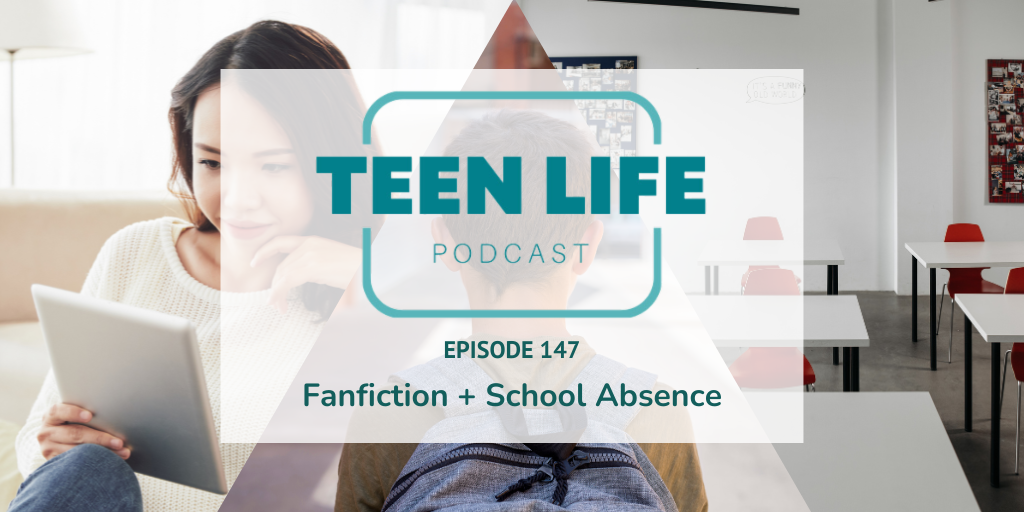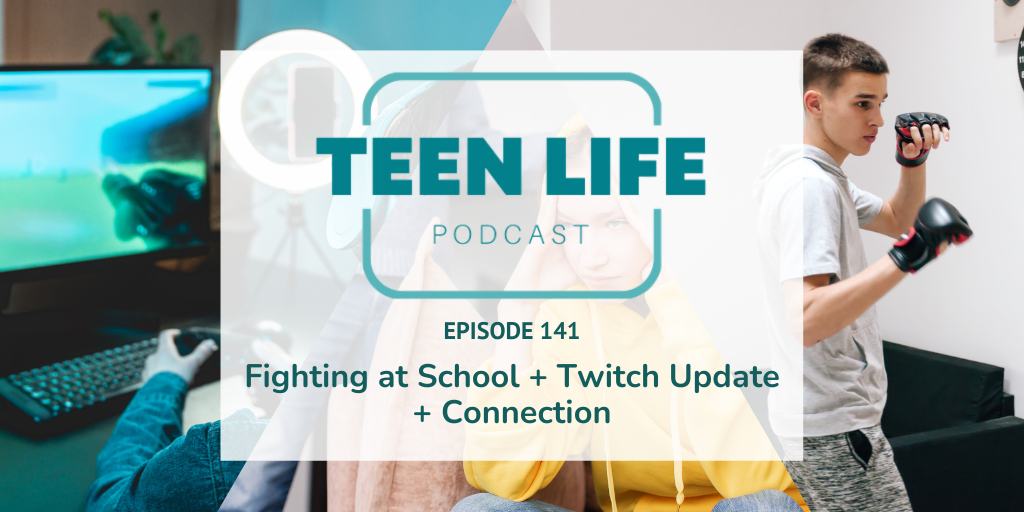Podcast: Play in new window | Download
Why are teens missing so much school?
In recent years, school absence among students has become a pressing concern, especially with the stark rise of chronic absenteeism since the onset of the pandemic. Defined as missing at least 10% of school days, this issue has significant implications for academic success and overall well-being.
But what’s causing students to miss so much school? What are we missing?
What is chronic absenteeism and why is it a big deal?
Before we dive into the complexities, let’s grasp the gravity of the situation. Chronic absenteeism is a broad term encompassing various reasons for prolonged school absence, basically students who just aren’t showing up a lot (or most) of the time.
This has nearly doubled since pre-pandemic times.
Traditionally, truancy only accounted for unexcused absences, but chronic absenteeism captures a broader spectrum, including excused absences due to illness, transportation issues, family responsibilities, mental health concerns, and more.
What are the underlying causes that keep students from attending?
Students may face numerous barriers to regular school attendance, spanning from health issues and transportation challenges to unsafe neighborhoods and household responsibilities. Additionally, academic factors like disengagement, boredom, or feeling disconnected from the school environment contribute to absenteeism.
Moreover, cultural and socioeconomic factors exacerbate the problem, disproportionately affecting kids from hard places.
But it’s not just kids from hard places who are affected. We’re seeing kids from all kinds of neighborhoods and families who just aren’t showing up like they used to.
So what are some of the reasons for students to be chronically absent?
Barriers
- Sickness
- Transportation Issues
- Neighborhood violence
- Housing and food insecurity
- Responsibilities at home (including work or watching younger siblings)
- Bad Weather
Aversion to school
- Academic or behavioral challenges
- Social Anxiety
- Lack of Connection
- General Mental Health
- Bullying
- Undiagnosed disabilities
Disengagement
- Boring or unchallenging lessons
- Culturally unresponsive school
Misconceptions about attendance
- Attendance isn’t prioritized at home
- Overlooking excused absences: Vacations, College Visits, Extracurriculars, etc.
Misconceptions and realities of school absence
Dispelling misconceptions is vital. Attendance isn’t just a matter of personal choice or negligence. Excused absences for vacations, college visits, or extracurricular activities are often overlooked, but they add up, contributing to chronic absenteeism.
Recognizing these nuances is crucial for coming up with effective interventions.
Impacts and implications
The repercussions of chronic absenteeism extend far beyond academic performance. Research by the National Center for Education Statistics indicates a direct correlation between missed school days and lower graduation rates. The University of Chicago ran a study in Chicago public schools that concluded that “Each week of absence per semester in ninth grade is associated with a more than 20 percentage point decline in the probability of graduating from high school.”
Additionally, absenteeism disrupts classroom dynamics, affecting not only the absent student but also their peers and teachers.
How can school staff help?
School staff play a pivotal role in addressing chronic absenteeism. By building relationships with students and families, they can identify and support those in need. Awareness of available resources and proactive outreach can make a significant difference in mitigating absenteeism.
3 Things For School Staff to Remember
- Pay attention! Not to put a label on kids, but to reach out to students and families who might need extra help
- Form connections with students
- Know what resources are available
Where do we go from here?
Chronic school absence is a multifaceted issue with far-reaching consequences, affecting students across various demographics. By understanding its root causes, dispelling misconceptions, and implementing proactive strategies, we can work towards fostering a supportive school environment where every student has the opportunity to thrive. Together, let’s prioritize attendance and ensure that every student achieves their potential.
What if I’m a student who’s missed a ton of school?
For students struggling to catch up after missed days, start where you are and take it one step at a time!
- Reach out to teachers for help.
- Form study groups with peers or get help from classmates who are doing well.
It won’t happen immediately, but you can catch up eventually!
Also in this episode:
- What is fanfiction and why are teens so crazy about it?
- Fan edits are all the rage on TikTok.
In this episode, we mentioned or used the following resources about fan fiction and chronic absenteeism.
- USAToday: Interested in fan fiction? Here’s what you need to know to start.
- Bark: What is Fan Fiction? Here’s Why Kids Are Going Wild for Online Stories
- Fanfic Sites: fanfiction.net | Archive of Our Own
- Vox: Why so many kids are still missing school
- Podcast music by Luke Cabrera & Tobin Hodges
Have a question?
If you have a question about something you heard or just want to give us some feedback, please leave us a comment below. We would love to hear from you!

Karlie Duke
Communications Director

Tobin Hodges
Program Director

Caleb Hatchett
Podcast Host
Caleb Hatchett | Podcast Co-Host
Caleb loves helping teenagers take ownership of their faith and relationships. He graduated from Abilene Christian University with a degree in Youth and Family Ministry and is currently Student Ministry Director at Jenks Church in Oklahoma.
Tobin Hodges | Program Director
Tobin’s entire career has been centered around students and teens from all walks of life. He has a passion for helping teens be their best selves. As Program Director, he loves working directly with school staff and students through Teen Life Support Groups. Tobin has a Bachelor’s Degree in Music from Texas Tech University.
Karlie Duke | Director of Communications
Karlie has always had a heart for teenagers. Through her role at Teen Life, she loves to showcase the amazing stories coming out of Support Groups, but she is especially passionate about helping adults and teenagers find connection. Karlie has a BS in Communications with a minor in Family Studies from Abilene Christian University.












